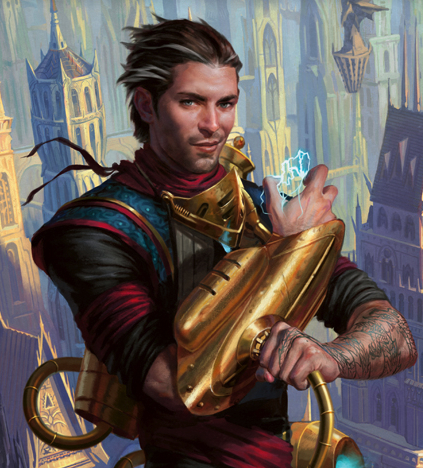Those are very practical, grounded statements.
I am in no way surprised that the DNC pushed back against Bernie. As you said, he was never really a Democrat, and they felt like he was hijacking their platform. I've definitely been aware of that from the start of the primaries. In fact, concerning the email leak, the DNC's bias against Bernie is the issue I probably care about the least. That's like being upset that rain is wet. Of course they didn't want him running.
Clinton, I agree, is a strategist at heart. In fact, she is probably one of the best strategists in government.
She has an entire team analyzing statistics, poll numbers, and statements that could give them an edge with every demographic. She carefully crafts the image she wants to present. She makes plans well in advance (again evidenced by the emails) so that she can be ready for a confrontation ahead of time. Where other candidates are all passion and charisma, Clinton is all about time-tested strategies. Indeed, her choice for VP and her decision to move to center is a sound strategy. It has worked many times in previous elections. It is the rational decision.
Here's where I disagree on some things:
The DNC almost unapologetically does not care about far left voters. Far left voters are a minority across the country. We (20-somethings) have a slanted perspective of this. Hillary's VP choice is clearly aimed at drawing in more moderate voters, not trying to please Bernie people, and truthfully that's the more strategic choice. If a Bernie person votes for Drumpf or a third party over the VP choice, they were never going to vote for Hillary anyway.
The "far left" didn't have a big voice throughout the back half of 20th century, sure. But they need to start caring about the far left. It is growing. The first warning shot to conventional politics was Obama's first election -- his platform was more progressive than Clinton's. There was growing discontent in the voter ranks as he started to drift more toward the center, and the response to big programs, like healthcare reform, has been lukewarm at best.
Obama had at least been another rank-and-file Democrat. This time, Clinton ran against a self-proclaimed Democratic Socialist. He was a fringe member of the far left from a state that has almost no impact on major elections. He started with almost no support base. This should have been an easy primary season. Candidates like Sanders have traditionally had to drop out shortly after starting. This primary was much rockier than anticipated.
As I said, Clinton is definitely a strategist. She makes rational choices based on what worked in previous elections. She's conventional.... in an election season that is highly unconventional. This season has been dominated by voices crying out against the entrenched establishment (on both sides). Clinton's choices may be purely strategic, but they're also demonstrating that she's not in touch (or ignoring) public sentiment. Continuing to ignore the far left could be dangerous. If not in this election, then in future ones. They're operating on the assumption that independent voters are all centrists. That may have been the case in previous decades, but it doesn't necessarily apply now.
The email leaks only cement this, and makes it look like the Democrats have poor digital security -- hardly the impression you want after the other email scandal. The hacker may have been doing it to bolster support for Drumpf, maybe they really were evil mysterious Russians, but the reason for the hacking doesn't really matter. The Democrats look incompetent and corrupt either way, and it's ultimately their own fault.
The Bernie or Bust people, though perhaps too passionate for their own good, are right about one thing: If Clinton loses, it will be her own fault. It's not the job of discontent voters to rally together for someone they dislike. It's the job of the candidate to bring the party together, and Clinton keeps taking little steps to continually annoy the more liberal half of the Democratic voter base. No single choice is awful, but together they start to add up.
The comment about 20-somethings is interesting, from historical standpoint.
My grandma was alive during the Roosevelt era and got to attend big political meetings during that time. To her, the Democratic Party has been completely off the rails for the last 50+ years. The leaders today are pretty conservative from her perspective. Bernie is popular with the young vote, sure, but what about the people who were old enough to remember the party before it shifted center? She's an ardent Bernie supporter -- probably more than most young people -- and doesn't have many nice things to say about Clinton (or her husband). Especially in the wake of the email leaks.
Maybe all that's old becomes new again. Either way, from her long view of things, the party was finally on the verge of self-correcting after many decades of inefficiency (1970s through 1980s) or conservative leadership (1990+). She's hoping there will be a miracle on the convention floor, like with Roosevelt, but if not, she's hoping the passionate 20-somethings will continue the movement.
I will probably still vote for Clinton. I don't like any of the third party candidates, either. And I definitely detest Drumpf and his racist insanity. Still, something will need to be done about the Democratic Party when this is all over. The post-election political fights may end up being more important than the actual election. Remain a Democrat and try to fix it by getting more involved? Reshape the party by voting for Berniecrats to replace sitting Democrats? Seek out a more suitable third party? I don't know. But I am definitely among the malcontent (for many reasons).
sorry for longpost






















